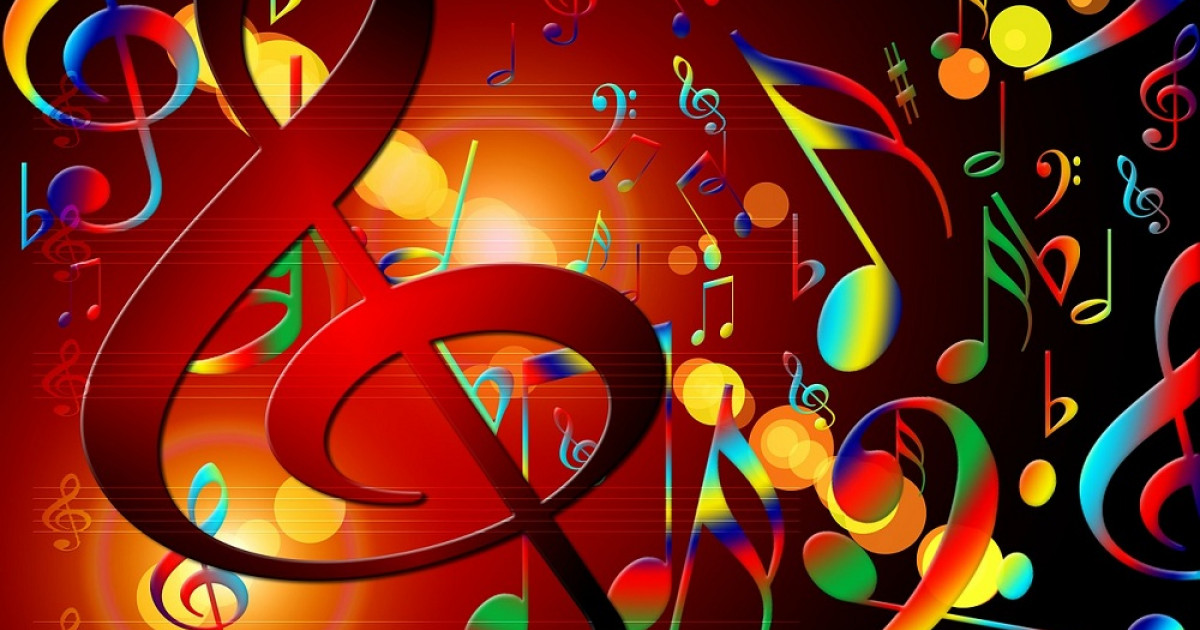The Benefits of Music Therapy for Health
Music profoundly impacts both the brain and body, activating specific cerebral areas linked to mood and emotional states. Understanding these effects is key to appreciating therapies that harness its power for health and wellbeing.
What is Music Therapy?
Music Therapy is a therapeutic approach that utilizes music to enhance a patient’s health and overall wellbeing. Stimulating the mind is crucial, as it serves as the central processing unit for all human sensations and emotions. Music offers a unique sensory experience capable of activating all brain regions simultaneously, making it a powerful tool for engaging the brain’s emotional, cognitive, and physical functions.
Recent research continually validates its effectiveness across various domains, including rehabilitation, education, and general wellness programs. This therapy addresses patient needs through two primary methods: active music therapy, which involves playing instruments, singing, or creating music; and receptive music therapy, where music is used to induce relaxation or other desired states. Often, music therapy sessions may also integrate other artistic expressions like drama, dance, or painting.
How Music Therapy Works
A music therapist focuses on several key aspects of an individual’s functioning:
- Sensory Aspects: Enhancing responsiveness to sensory stimuli.
- Motor Aspects: Improving coordination, balance, and overall mobility.
- Cognitive Aspects: Boosting memory, learning, imagination, and attention.
- Socio-Emotional Aspects: Cultivating emotional intelligence, control, expression, and self-awareness of feelings.
Benefits of Music Therapy
As an accessible and inherently appealing stimulus, music holds significant influence over patients, making the therapeutic process more agreeable. Professional music therapists meticulously select and apply music to yield specific psychological and physical benefits. This therapy proves highly effective in addressing various challenges, including psychological issues, rehabilitation for substance dependence, pain reduction in terminal illnesses, improving self-esteem, and supporting those with learning difficulties.
Key Reasons Music Therapy is Effective
Music is a Fundamental Brain Function. From infancy, lullabies demonstrate music’s innate ability to calm and soothe, indicating the young brain’s early receptiveness to its benefits.
Music Engages the Body Naturally. The body instinctively responds to music with rhythmic movements. Beyond processing sound, music impacts our motor system, a principle music therapists leverage to aid stroke survivors in regaining mobility.
It Evokes Physiological Reactions. Listening to music can accelerate respiration, increase heart rate, and induce physical sensations like chills. Music therapy can both stimulate individuals in a coma and promote deep relaxation in conscious patients.
Infants and Children Respond to Music. Children naturally engage with musical stimuli from an early age, dancing and enjoying sounds. Music also serves as an excellent educational tool, facilitating learning through artistic expression.
Music Connects Deeply with Emotions. By stimulating the amygdala, music can elicit a wide range of emotions, from sadness to joy, energy, and motivation. This direct emotional access is invaluable for music therapists.
Music Enhances Learning and Memory. Educators frequently use songs to teach foundational concepts like the alphabet or colors. Music is a potent aid for memorization and recalling past experiences.
Music Therapy is Non-Invasive and Motivating. The universal appeal of music is a core reason for music therapy’s success, making it a highly engaging and non-threatening therapeutic modality.

